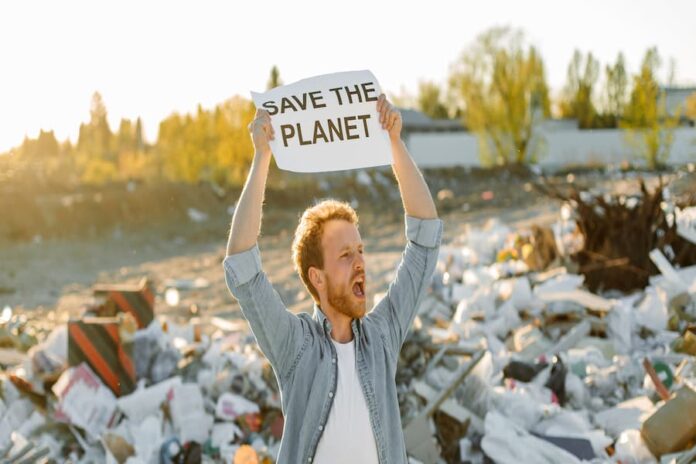The world is embattled with grave environmental crises including climate change, pollution and waste management. Due to rapid industrialisation coupled with a growing population, more waste is produced yearly that our planet was not designed to handle. Effective waste management for a sustainable future should not be an option but a must. Minimising destructive effects on both the environment and public health goes hand in hand with proper waste management.
If we manage our waste effectively, the amount of pollution will be reduced thus conserving resources for a cleaner and greener future for all. Services such as skips for hire facilitate the process by offering economical services to collect and dispose of garbage, particularly for big projects. Making use of such services allows for responsible handling of generated waste thereby helping to prevent further environmental damage to our planet. In this article, we’ll explore why reducing waste is important for the planet.
Financial and Social Impact
Recycling and waste reduction continue to provide benefits beyond the environment. Paying attention to what we consume and reusing things when possible allows a person to save considerable amounts of money. Not buying as much and creating less waste translate into fewer trips to the store and less money spent on disposable goods. In addition to the financial benefits, social impact increases due to job creation. Due to recycling, repurposing, and waste-management industries, jobs are created at all levels, from sorting and processing to the development of products and retail. Thus, reducing waste does not just put more money in people’s pockets but also contributes to creating jobs and community growth.
Conserving Landfill Space
The need to reducing waste arises because it goes a long way in conserving landfill space. This is a significant quantity of waste entering landfills each day, it takes away valued land space that could otherwise have been used as green spaces or for community development. As the capacity of landfills is reaching full capacity in many regions, the urgent need is to reduce the amount of trash produced. Getting assistance from companies in controlling the new need for landfills by reusing, recycling and composting materials. It also minimises the environmental hazards at landfill sites. For example, landfills generate toxic gases such as methane and pollute local water supplies posing health risks to local human populations as well as to wildlife. By reducing the demand for landfills, we are preserving the quality of our air, and water and saving land for better uses.
Conserving Resources
When we reduce waste, we also help conserve natural resources. Materials such as aluminium, petroleum and trees are not available in infinite quantities; manufacturing products involves extensive methods of extraction and processing. To produce Aluminium requires mining a bauxite ore process that strips the landscape of its natural characteristics and requires huge amounts of energy. Plastic items are produced from petroleum, also a non-renewable resource that is extracted and processed at the expense of releasing greenhouse gases. Paper production involves the cutting down of trees, causing deforestation, and loss of biodiversity. On the other hand, reuse and recycling extend their lives, decrease demand for new materials and decrease our impacts on the environment.
Saving Energy
It takes considerably less energy to recycle materials than it does to make new ones from scratch. Manufacturing products from primary resources requires extraction, transportation, and treatment; all these stages are very energy-intensive. For example, recycling aluminium uses up to 95% less energy compared to producing from new materials. In the same way, recycling plastics, glass, and paper saves a great deal of energy required in making products with new materials. In return, when we reduce and recycle waste, save this energy therefore helping to reduce the rate of greenhouse gas emissions and demand for fossil fuels. Less energy use also means lighter carbon footprints which is beneficial to the environment and helps in the fight against climate change.
Safer Future
For a sustainable future, we need active reduction of waste and recycling. Mining, refining, and manufacturing are extremely greenhouse gas-intensive operations that contribute to air pollution and accelerate climate change. Recycling and waste reduction can somewhat diminish these impacts by reducing the need for new production. Recycling and waste reduction directly decrease the pollution created by extracting and processing new materials. This would also help in the conservation of natural resources, which will reduce pollution and thereby help in the protection of ecosystems and biodiversity. All it takes is every little effort we put into things today-be it the recycling of that plastic bottle or composting that food waste.
Conclusion
Effective reducing waste is central to the protection of our planet and to the assurance of a sustainable future. The right decisions made today will enforce a cleaner, healthier environment for future generations.
Visit Quice For More Informative Blogs.

